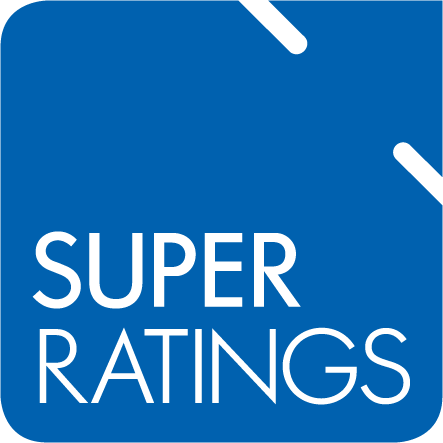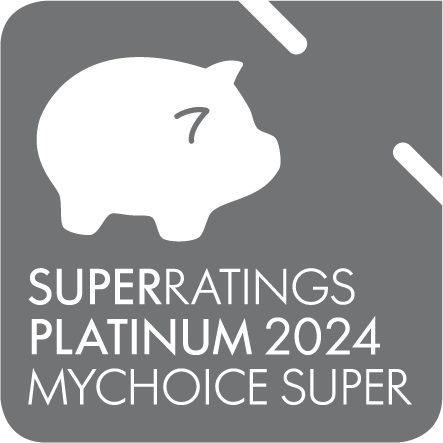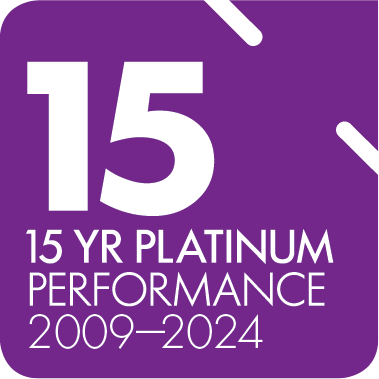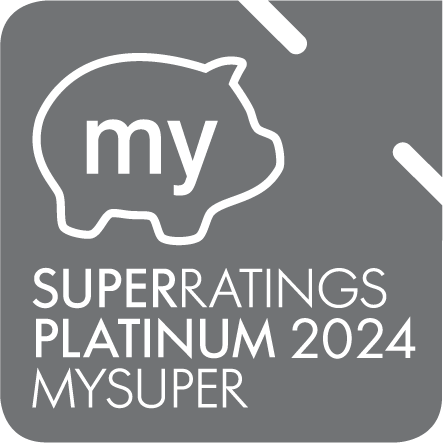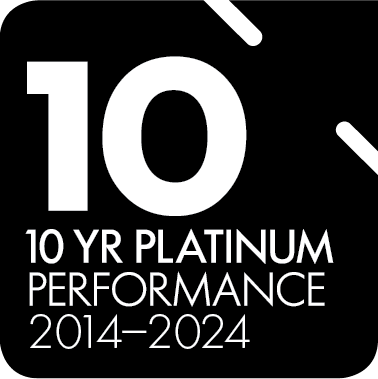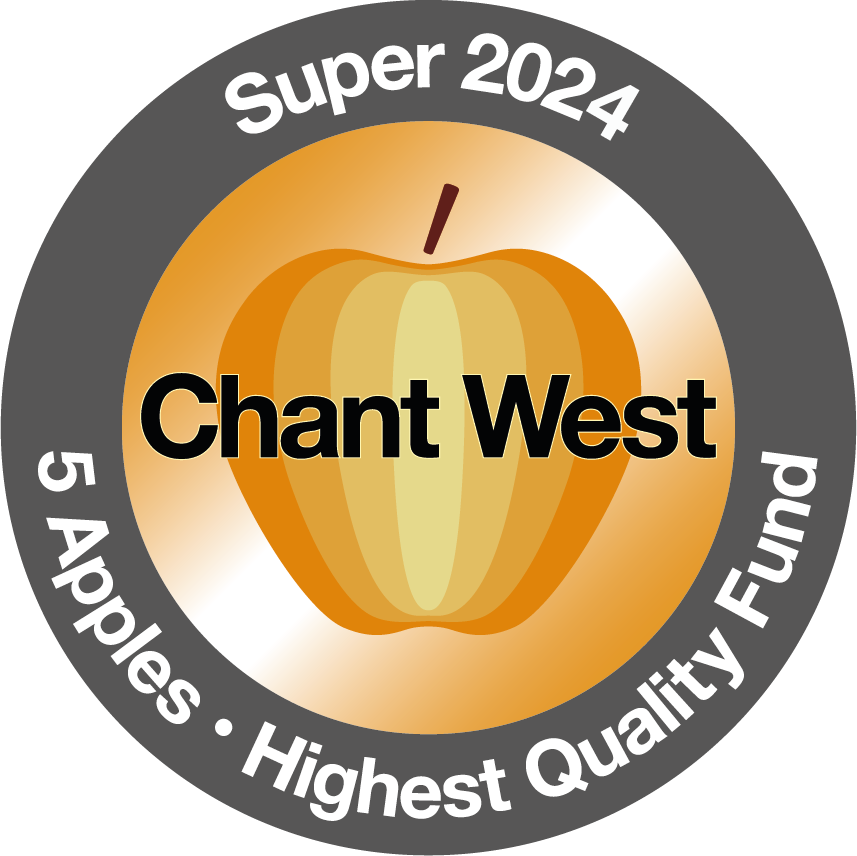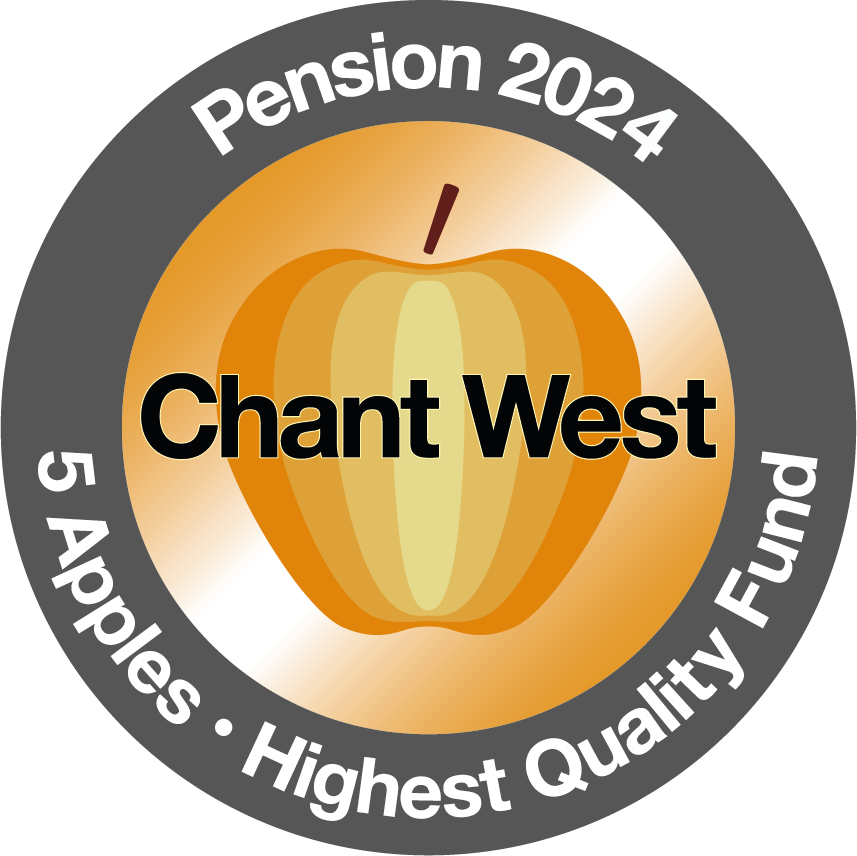New to super? Or just a little curious as to learn more? This brief explainer takes you through some of the super basics, so you can quickly get up to speed with super and what it’s all about.
A super quick super explainer
First and foremost, your super is your money. It’s a long-term investment, designed to help you save money while you’re working, and then use those savings to help fund your retirement. For that reason, you can’t just withdraw the money you have in your super at any time. Instead, it’s kept in the super system until you’re eligible to draw on the money you’ve saved.
Learn more about Accessing your super
Chances are your first super contributions will be made by your employer when you start working. In most cases, employers are required to make contributions to your super on your behalf – it’s called the Superannuation Guarantee (SG).
The government sets the SG rate. Employers are currently required to contribute 11.5% of your salary into your super (for the 2024-25 financial year). The SG rate is set to increase to 12% from 1 July 2025.
Head to the ATO website to see if you’re entitled to receive SG payments from your employer.
In many cases, you’ll get to choose the super fund where your money will be invested, and this is where your employers will pay your SG contributions.
In some cases, an employer will nominate a specific fund under your terms of employment or an industrial award. This fund is where they’ll pay your SG contributions. You can check with your employer to see if this applies to you.
If you don’t choose a fund at all, your employer will check with the Australian Taxation Office (ATO) to see if you’ve already got an account with another super fund. If you do – that’s where they’ll pay your SG contributions. And if you’ve got accounts with more than one super fund, the ATO will decide which one your employer should contribute to – it’s called your ‘stapled’ fund.
If you don’t have any accounts with any super funds, your employer will open an account for you in their chosen super fund – that’s called their ‘default’ fund.
Over the years, your employer contributions help to grow your super. Any positive investment returns earned on your super investments will also help to boost your savings. Along the way, you can also make your own contributions to your super account to boost your savings even more.
There are lots of ways to contribute to your super. They can be regular contributions or one-off contributions. Different types of contributions receive different tax treatments, so it’s a good idea to explore your options and see which types might be most appropriate for your circumstances.
When you open a super account, the super fund will invest your savings on your behalf. Many funds give you a range of investment options to choose from. This means you can choose an investment option that best suits your financial circumstances and what you want to achieve from your investments over the long term.
Catholic Super offers a wide range of investment options for you to choose from, including eight diversified investment options and four sector-specific options. If you don’t choose anything at all, we’ll automatically invest your savings in our MySuper option.
One of the things that can make super an attractive way to invest your long-term savings is the generous tax treatment it receives from the government. In most cases, the money you save via super is taxed at a significantly lower rate than if you’d invested that money outside of the super system.
Typically, you can’t access the money in your super account until you’ve stopped working and you’ve reached your preservation age. This is an age limit set by the government that determines when you’re eligible to access your money.
But in certain limited circumstances you may be able to access your super earlier – for example if you’re experiencing severe financial hardship, or you’ve been diagnosed with a terminal illness. The government sets strict rules around early access to your super and how much you can withdraw.
Manage your money
Any time is a good time to grow your super. So why not start today?
Choose from our range of investment options and get your super working hard for your future.
You could save on fees, save on hassle, and grow your super, simply by bringing all of your super together.

Explore and learn
We’re here to help you make the most of your money, and plan ahead with confidence – whether you’re just starting out, or already planning your retirement. Explore our life stage specific content.
Your questions answered
If you’ve got any questions about your Catholic Super account and how we manage your money, our team is ready to help.

